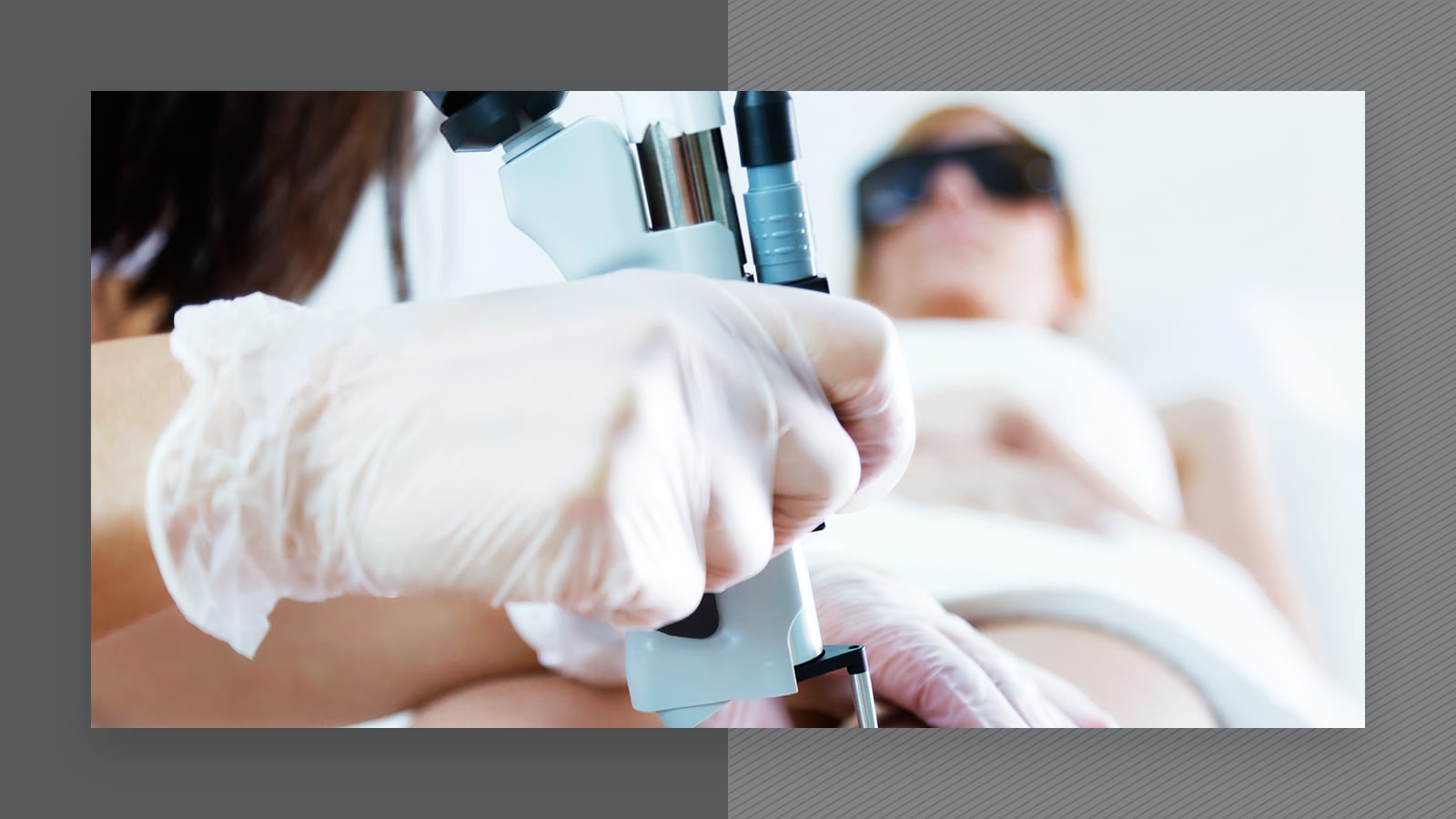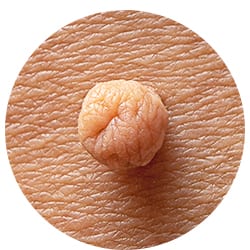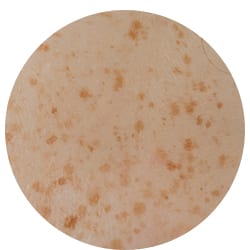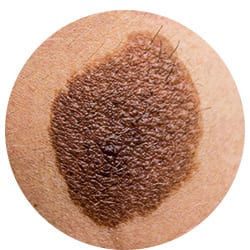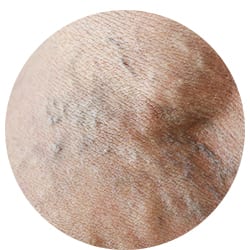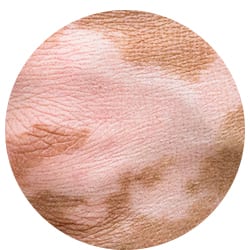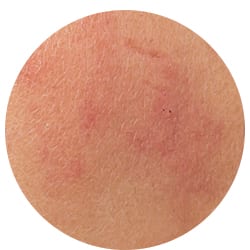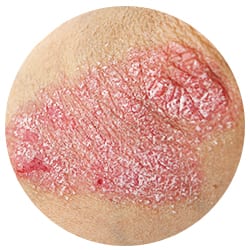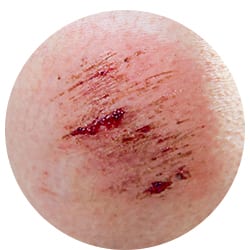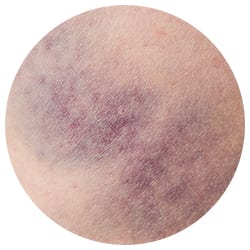Skin conditions that can affect laser hair removal
Some skin conditions can affect laser hair removal. Just because you may have a skin condition does not mean that you can’t have laser hair removal. Most common conditions may limit laser in some areas. However, these will not completely prevent you from having treatment. It is crucial that skin in your treated area be healthy enough to withstand high levels of heat. When performing laser hair removal treatments we use a combination of light and heat. This light and heat targets hair follicles and this heat is absorbed by the hair. If the skin is weakened in any way an adverse skin reaction can happen.
How may your treatment course be affected?
A course of laser hair removal will take several months to complete. In general 6-10+ sessions are required. These sessions are performed approx every 4-8 weeks depending on the area. Treatment intervals must be consistent for best results throughout a course. It is important that the skin remains healthy for the duration of the entire course. If skin in your treatment area was to be affected by a flare up treatment would have to be paused. Due to this results may slow down temporarily. However, once skin returns to normal treatments can resume again. If your skin condition has triggers it is best to avoid these. If you have lived with a skin condition for some time you will know what you should avoid. Before any additional treatments could be performed safely skin would have to have healed completely.
There are come skin conditions that prevent laser however the ones listed below are treatable although some have limitations. Without doubt your skin safety is the most important factor when having laser. It is essential that your skin is monitored for the duration of your course. This way any adverse reactions from laser can be completely avoided.
